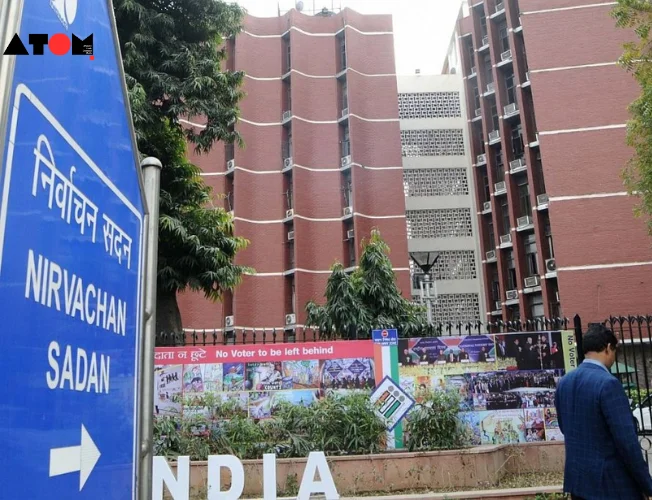In a pivotal development concerning the Electoral Bonds data case, the State Bank of India (SBI) has unveiled ‘unique numbers’ associated with electoral bond purchasers and recipient parties. This disclosure follows SBI’s submission of a compliance affidavit to the Supreme Court of India, aiming to achieve full transparency in the contentious electoral bonds scheme by March 21.
Unraveling the Significance of Unique Numbers
The revelation of ‘unique numbers’ or alphanumeric codes in the third list released by the Election Commission of India serves a crucial purpose. These codes serve as a link, allowing the public to connect the purchasers of electoral bonds with the respective recipient political parties.
In essence, these alphanumeric codes provide accessible information regarding donors, recipient parties, and the amounts involved in electoral funding. Experts argue that the absence of such detailed information previously made it arduous to discern any potential quid pro quo arrangements between donors and recipients.
Each electoral bond issued by SBI is embedded with a distinct alphanumeric code, discernible only under specific lighting conditions. This code acts as a mechanism to correlate each donation with the political party that receives it.
Addressing Discrepancies in Previous Data Submission
Earlier submissions by SBI to the Election Commission comprised data categorized into two distinct sets: one containing information about donors purchasing bonds and the other detailing recipients encashing them. However, reports suggest a disconnect between these datasets, indicating a gap in transparency.
Insights from Past Revelations and Clarifications
An investigation conducted by The Quint in April 2018 unearthed hidden alphanumeric numbers on electoral bonds, imperceptible to the naked eye. SBI maintained that these numbers served as a “security feature” rather than a means to establish direct connections between donors and political parties.
Subsequent clarifications provided by the government in April 2019 underscored that electoral bonds, intended for anonymous political contributions, integrate a serial number as a deterrent against counterfeiting. However, access to this serial number remains restricted to all parties, including government entities.
Perspectives from Former Officials
Former finance secretary Subhash Chandra Garg, pivotal in formulating the Electoral Bond Scheme in 2017, emphasized that the unique code on each bond was implemented as a security measure. He clarified that this code was not
Read more: Marketing News, Advertising News, PR and Finance News, Digital News.





